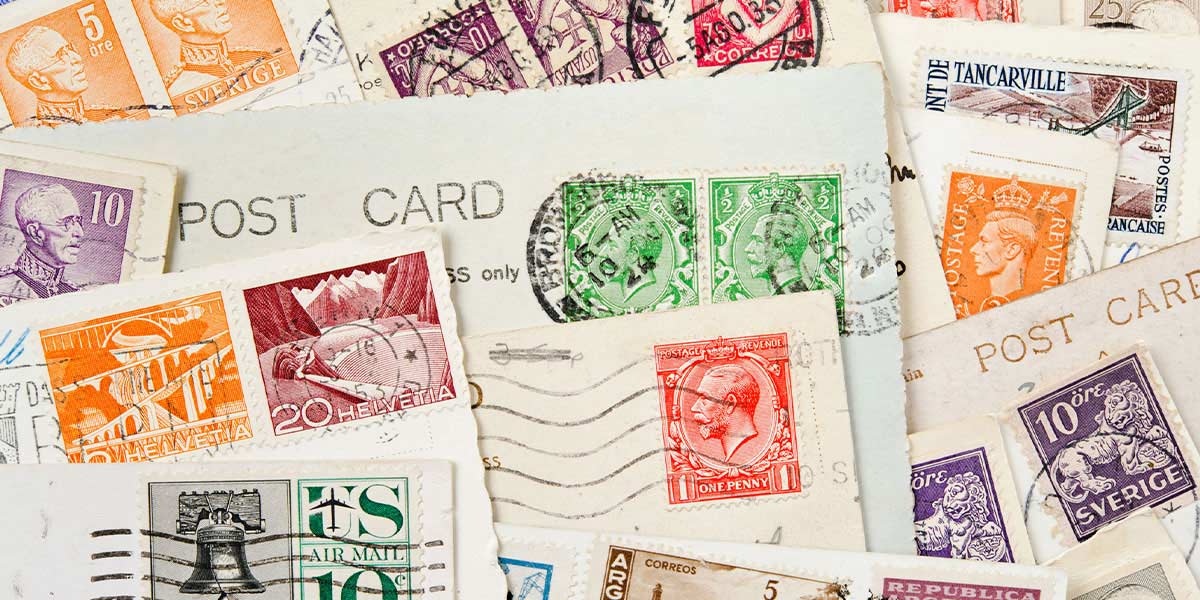-
Private Banking -
Insights
4 Tips for Donating Artwork
If you're considering charitable donations and have an art collection, consider giving the gift of art.
In the U.S. alone, there are more than 700 college and university art museums and galleries. Most are open to the public, so lending or donating a work from your collection can be a great way to give back to the community – and it can be a good financial decision as well.
There are many different motivations for giving art. You might have a painting or sculpture languishing in storage because you've moved to a new house that doesn't accommodate it – or simply because your tastes as a collector have evolved.
Others inherit art but prefer not to take on the expense of adding it to their homeowners' insurance. To properly insure valuable artworks, “the owner must provide a valid appraisal every two years – for a painting worth say, $100,000, that will add $100 per year to your policy," said Leonard Therrien of Allstate Insurance.
No matter the reason, donating artwork is a great way to increase your charitable contributions. Here are 4 considerations to keep in mind before donating artwork.
4 Things To Keep In Mind While Donating Artwork
There are several options available for those interested in donating their artwork, ranging from a gift-in-kind donation to a silent auction. Here are a few things to keep in mind when you're considering donating your artwork.
1. Obtain an Appraisal
First, obtain an appraisal so you know the current value of your pieces.
You will need the appraisal for the following reasons:
- As proof of value to organizations you plan on donating to.
- To deduct the value as a charitable donation on your tax return.
Perhaps it's your reunion year, or your child's college is raising money for a new library – and you want to give at the highest level. The appraisal you submit will be the dollar amount credited to your name. A valuable art donation will not only land you in a top donor tier, but it will also boost the giving drive and incentivize others to give.
“A gift-in-kind is booked as cash, so while a work of art won't actually help build the new library, the dollar amount is included in the total for the capital campaign," said James Mundy, the Anne Hendricks Bass director at the Frances Lehman Loeb Art Center at Vassar College.
The best way to get your work of art appraised is to take it to the dealer who represents the artist or the artist's estate.
2. Understand the Organization’s Policies
Not all works of art are accepted by every museum or gallery. The acquisition committee will decide if yours is right for their collection. “We will never accept work that we wouldn't exhibit," Mundy said.
Additionally, most collections prefer gifts without restrictions. At the Los Angeles County Museum of Art (LACMA), “We prefer to accept works with the least amount of restrictions … and any proposed restrictions on gifts need to be approved by the acquisitions committee of our Board of Trustees," said Nancy Thomas, senior deputy director at LACMA.
Also be aware that the museum you donate to may one day sell your piece as part of its “deaccessioning" process. All museums occasionally cull their collections based on condition, redundancy and relevance.
If you're concerned about this, ask them to provide you with their specific guidelines for this process when you make your donation.
3. Look for Creative Ways To Support Your Favorite Causes
If your piece is not quite museum-worthy or you simply feel like offering your piece to a meaningful cause rather than a museum, reach out to another type of organization to see how an art donation might be beneficial to them.
For example, many hospitals, such as Cedars-Sinai in Los Angeles, have healing through art programs that seek out art donations and commissions to brighten hospital walls and create a positive environment for patients undergoing surgery or treatments.
If an organization doesn't have such a program, you can also donate your artwork to an organization for a silent auction.
Regardless of what your piece sells for, the cause you're supporting will receive a donation. You can also receive a tax credit for the appraised value of your donation as long as you obtain the necessary paperwork to claim it.
4. Consider Loaning to a Gallery
If you're not ready to part with your art permanently, you can also lend it to your favorite museum.
“Loans are either accepted for defined periods for exhibitions, display in the permanent galleries or occasionally for study. There are no minimum time restrictions on loans," said Thomas. Her institution prefers loans of at least a year, but that is not binding.
When individuals lend their artworks, “We hope that it looks good on our walls and that when the lender sees it, he or she might consider donating it," Mundy said. While the art is on loan, the institution will cover the insurance, maintain it and have it properly installed.
“We have blanket insurance coverage that well exceeds the value of all loans at any given time, so we can insure anything while it's on our premises. We ask the lender to supply [an appraisal showing] the value of the work. If there is a loss, then the insurance company and lender would come to an agreement as to the actual replacement value," he said, adding that the circumstance has not arisen.
The Takeaway
Remember that unless you request anonymity, your name can be included in the description of the art you donate, and you could forever remain a part of that collection.
If you're an art lover, this is a wonderful way to enhance your legacy as well as ensure that your artwork will be well cared for and continue to be appreciated and enjoyed by future generations.
This article is for general information and education only. It is provided as a courtesy to the clients and friends of City National Bank (City National). City National does not warrant that it is accurate or complete. Opinions expressed and estimates or projections given are those of the authors or persons quoted as of the date of the article with no obligation to update or notify of inaccuracy or change. This article may not be reproduced, distributed or further published by any person without the written consent of City National. Please cite source when quoting.
City National, as a matter of policy, does not give tax, accounting, regulatory or legal advice. Rules in the areas of law, tax, and accounting are subject to change and open to varying interpretations. You should consult with your other advisers on the tax, accounting and legal implications of any proposed strategies based on your particular circumstances.





